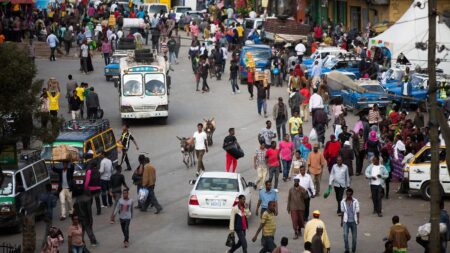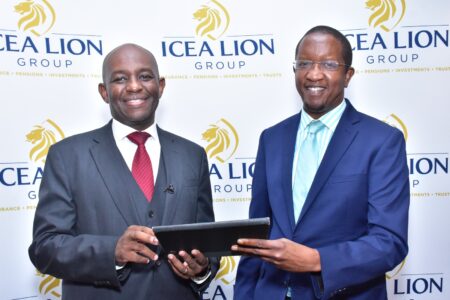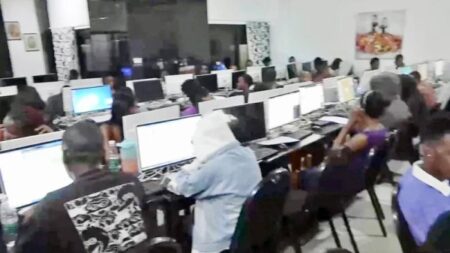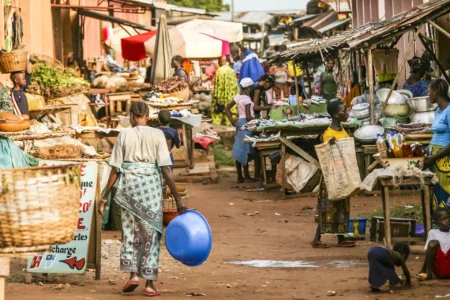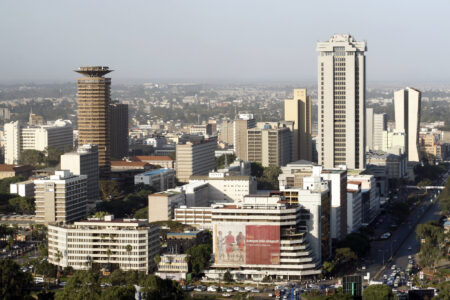- The European Investment Bank (EIB) and the City Climate Finance Gap Fund (Gap Fund) will support the municipality of Chefchaouen, Morocco to optimize municipal waste management services.
- The technical assistance implemented by the Gap Fund will make it possible to carry out a pre-feasibility study to assess, develop and organize waste management, in accordance with the city’s master plan.
- This project will contribute to the achievement of local and national environmental and climate objectives, while improving the quality of life of the inhabitants.
The European Investment Bank (EIB) has announced plans to assist Morocco improve management, treatment and recovery of organic waste. The technical assistance will be implemented by the City Climate Finance Gap Fund for the benefit of the municipality of Chefchaouen.
The technical and financial support first provides for an assessment of the composition of household waste to estimate its economic potential. It will enable the development of a technically and financially viable concept to minimize the amount of organic waste going to landfill and maximize its profitability for the municipality.
It will also formulate proposals for organizational improvements, taking into account public, private and community management for the provision of services.
“It is essential to better recover urban waste, both for environmental, economic and public health reasons, but also to promote the development of a promising circular economy. of innovation, creating value and jobs. For the EIB, as the Climate Bank, our sustainability and performance objectives are complementary, and we are delighted to support the Municipality of Chefchaouen through this technical assistance implemented by the Gap Fund, thus supporting the public and in their green transition locally and nationally,” Anna Barone, EIB representative in Morocco, said.
Historically, municipal solid waste management in Morocco was limited to waste disposal, with relatively low recovery. As part of the implementation of its new master plan, the city of Chefchaouen aims with this support to improve waste management services through new investments, the strengthening of local capacities and the introduction of sorting at source.
Read also: Investing in Agriculture: Transforming Africa’s Food Industry
Chefchaouen Mayor Mohamed Sefiani said this technical and financial support will contribute to the achievement of local and national environmental objectives, by reducing greenhouse gas emissions, while improving the quality of life of citizens and users. This is a pilot project, likely to be replicated in other municipalities in Morocco, and in the region.
“On behalf of Chefchaouen City Council, I thank the officials of the Gap Fund and the EIB who provide a range of technical assistance to support climate-smart planning and investment in cities in developing and emerging countries. At the same time, the General Directorate of Local Authorities of the Moroccan Ministry of the Interior, with the support of the province of Chefchaouen, which has just granted us significant financial support for the closure of the Chefchaouen landfill and the opening of a landfill and recovery center respecting the standards in force. said Sefiani ,
Mayor of the city of Chefchaouen. And to add: “Within the city of Chefchaouen, the improvement of the living environment and the management of waste in particular is a unanimously shared concern of both the decision-maker and the ordinary citizen, which constitutes a priority commitment of the municipality. from Chefchaouene. Moreover, it is part of the actions programmed in the municipal action plan. This management must take into account recovery sectors that can create green, decent jobs and fight against climate change. »
The City Climate Finance Gap Fund, implemented by the EIB in partnership with GIZ, aims to bridge the climate finance gap in cities to achieve low-carbon and climate-resilient urbanization pathways.
This support is also part of the objectives of the Morocco-EU Green Partnership and constitutes a new concrete example of how international cooperation and local partnerships contribute to improving the quality of life of populations. It thus contributes to the achievement of the United Nations Sustainable Development Goals (SDGs) to promote effective and inclusive partnerships between governments, the private sector and civil society for sustainable development.
The EIB has been a privileged partner of Morocco for more than 40 years. The EIB finances the development and implementation of key projects in key sectors of the Moroccan economy such as business support, agriculture, water and sanitation, education, health, transport , urban development and renewable energies.







